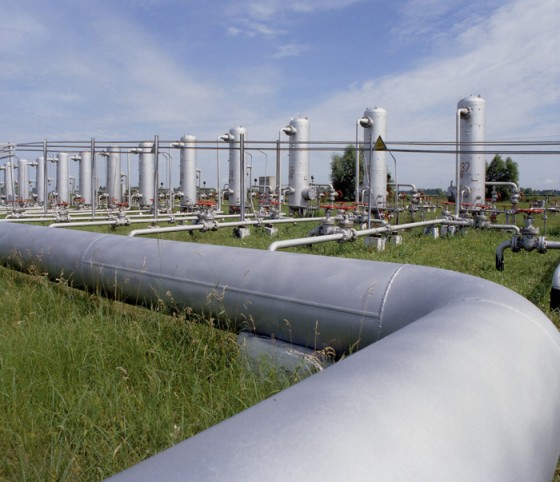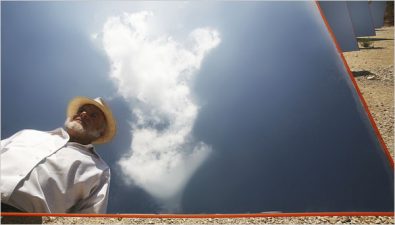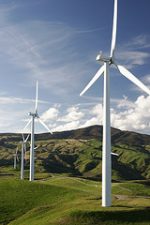 Ruptures in natural gas pipelines like this one could cause a gas-fired power plant to shut down.
Ruptures in natural gas pipelines like this one could cause a gas-fired power plant to shut down.
Ashkelon’s planned gas-fired power plant is being hailed as the first Israeli electric power plant to be powered exclusively from natural gas. It is also touted as being able to generate 800 MW of electricity at full capacity. But despite all of this fanfare, will the new, privately owned power plant in Ashkelon be environmentally friendly enough to be considered as a big improvement over existing coal and oil fueled plants?
Boosting capacity with Ashkelon
The plant, scheduled to be completed in 2013 by the Dorad Energy Company, will sell most of the electricity it produces to the Israel Electric Company (IEC) with the remainder earmarked for the Mekorot Water Company and the Israel Defense Ministry. The deal between Dorad and the IEC was made Thursday, August 12, and publicized in the Jerusalem Post and other media sources. The new plant will help considerably to increase the country’s total electricity output, which has been stretched to the maximum capacity due to wide-scale usage of air conditioners.
The natural gas supplies for this new plant will not come, however, from gas fields being developed in the Eastern Mediterranean by Delek Energy’s Yam Tethy gas fields but by natural gas produced in Egypt and imported into Israel by the EMG Company. While the project is being hailed as “ensuring reliable delivery of electricity as clean as possible and wherever possible”, natural gas is still considered by environmentalists to be a fossil fuel and is not as clean as renewable energy such as solar and wind energy.
2050
The new plant is part of a wider energy program being planned by Israel’s National Infrastructure Ministry, whose goal by the year 2020 is to have 50% of the country’s electricity produced from coal, 40% from natural gas, and 10% from renewable energy. The idea is to diversify the types of fuel being used.
Coal (even though a “dirty” fuel) can be stockpiled, but natural gas can’t, at least not in sufficient quantities. Supplies of natural gas could also be cut off in the event of a war or other national emergency.
The sun isn’t shining fast enough
Solar energy, although mentioned frequently on this site, including solar energy collection farms being constructed by companies like BrightSource, has not yet resulted in enough completed solar energy plants to have an impact on Israel’s growing electricity needs.
The damage caused to fish and other marine life by offshore drilling platforms, even those used exclusively for producing natural gas, is still considerable due to the release of saturated aliphatic hydrocarbons, which are highly flammable and contain large amounts of methane gas.
The demand for energy within both the public and private sectors is increasing considerably, sparking the need for the Energy and Infrastructure ministries to consider all types of energy projects. These include those to be powered by fuels like natural gas, which according to Delek Energy tycoon Yitzhak Tshuva, who is also interested in other projects that could produce energy, including the proposed Dead – Red Sea Canal Project, will go a long way to meet Israel’s energy goals in only ten years.
In the current energy outlook, however, it looks like the use of fossil fuels, even coal, will still be the norm for a long time to come.
Photo: Sarah Palin’s Truth Squad
Read more on natural gas issues in Israel and the Middle East:
Yitzhak Thsuva Strikes it Rich in Natural Gas at Environment’s Expense
Tamar Natural Gas Needs Fuel to Power Better Place Cars
Natural Gas “War” Between Israel and Lebanon Could Lead to a Drill Race



